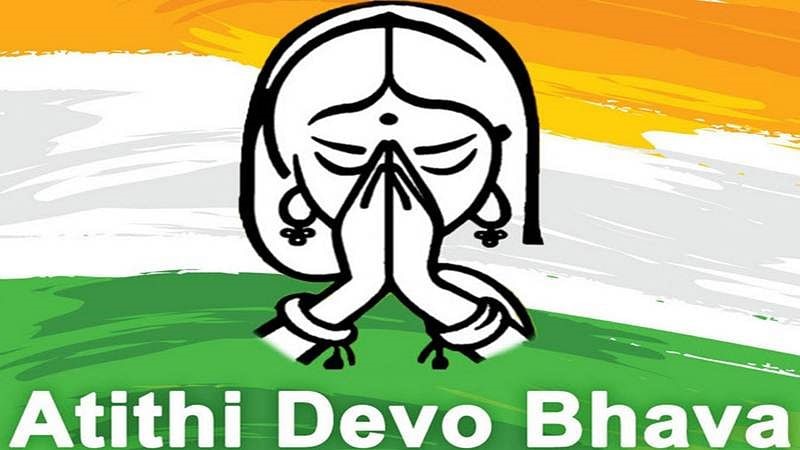Two back to back incidents that were reported in India recently have once again raised a key question – are foreign tourists, especially women, safe in this country. In the first incident, a Dutch tourist to Puri had to spend over a month in a shelter for beggars after being robbed of his belongings, including Rs 4.5 lakh in cash, by a taxi driver in Bhubaneswar. The 72-year-old visitor had been to the Orissa capital to exchange foreign currency when the taxi driver not only robbed him, but also held him hostage for three days in a house. After the report was highlighted by the Press, the state tourism department rescued the man and shifted him to its Pantha Niwas.
In the other incident, which is shameful for the entire country, a 28-year-old Spanish woman was allegedly gang-raped by seven men in Dumka district in Jharkhand while she along with her husband was spending the night under a makeshift tent. The couple was on a bike trip to India from Bangladesh and was en route to Nepal. The woman, with bruise marks all over her face, shared her nightmarish ordeal in an Instagram post: “Something has happened to us that we would not wish on anyone. Seven men have raped me…They have beaten us and robbed us although not many things because what they wanted was to rape me.” The police have arrested three men in this connection, while the other accused are still at large.
India, formerly a popular global tourism spot, has faced growing criticism due to the distressing levels of harassment and sexual violence inflicted upon foreign travellers, both women and men. Although this problem is not exclusive to India, its widespread incidence has sparked considerable concern on a global scale. In June 2022, a British woman was allegedly raped by a local man under the pretext of giving her a massage. The incident took place right in front of her male partner near a beach in Goa. In 2014, a 52-year-old Danish woman was gang-raped by five men in New Delhi. All five rapists were convicted by a Delhi court even as the incident had drawn global attention to India’s ‘rape problem’. Many countries, such as the United Kingdom, the United States, France, and Switzerland, have issued travel advisories to their female citizens travelling to India in light of this sickening trend, denting the country’s global reputation.
Frequent reporting of such gruesome crimes is indicative of the perversion prevalent in our society. Right from her arrival till departure, every foreign woman visitor to India, no matter what age, has to be cautious of everyone she encounters, be it the taxi driver, the local tout, the hotel staff, the tour guide or even someone she may meet on the streets.
According to a survey of 550 experts on women’s issues conducted by the Thomson Reuters Foundation in 2018, India had the dubious distinction of being the most dangerous place on earth for women. India was followed by war-ravaged countries like Afghanistan and Syria. A similar disconcerting report by the National Crime Records Bureau (NCRB) had revealed that the country witnessed a four per cent surge in crimes against women throughout 2022. This included cases of cruelty by husbands and relatives, abductions, assaults, and rapes. Likewise, a staggering 28,000 women were raped in India in 2020, according to government data. Although these figures may not be indicative of the entire population, they do highlight a particular demography that promotes patriarchal values and objectifies women and above all shows our sexually depraved culture. These are hard and indisputable facts, not gossip
This is the true ‘Indian culture’ that many try to pride themselves with. Although this mindset is more prevalent with the economically poor classes, the rich are no better when opportunity comes their way.
Attacking women when they are helpless seems to have become an integral part of the concept of ‘Atithi Devo Bhava’ (guest is equal to god).
